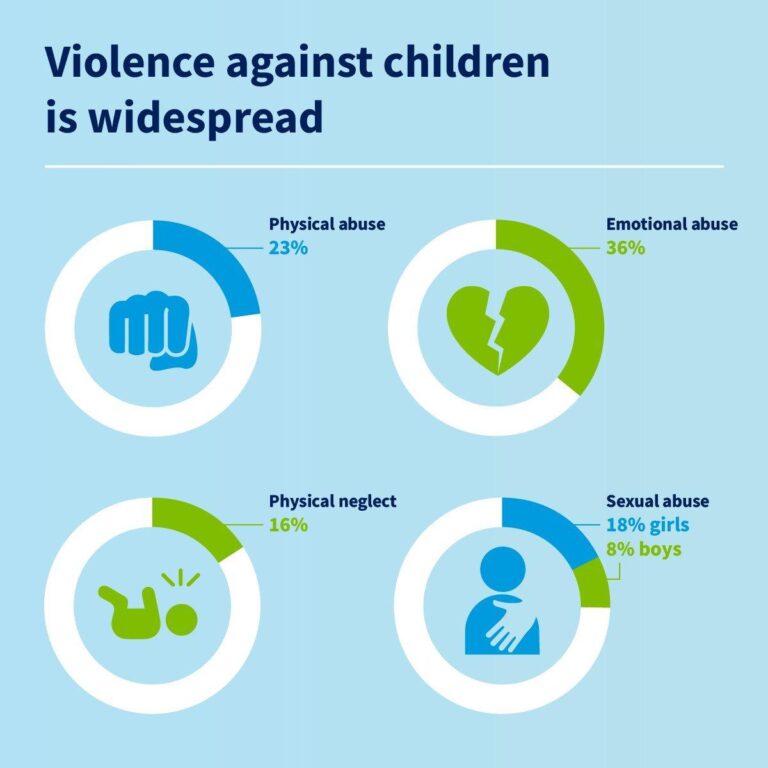Introduction
Violence against children is a pressing issue globally, and in Tanzania, it poses significant challenges to child development and education. In Tanzania, various forms of violence, including physical, psychological, and sexual abuse, compromise children’s well-being and educational outcomes. Understanding the impact of these issues is crucial in addressing them effectively.
Forms of Violence Against Children
Physical Abuse
Physical abuse in Tanzania is not uncommon, whether at home or in school environments. This violence can lead to serious injuries and long-term psychological effects. Children who experience physical abuse often struggle to concentrate on their studies.
Psychological and Emotional Abuse
Psychological abuse can manifest in many ways, such as verbal harassment and emotional neglect. Children subjected to such treatment often suffer from low self-esteem and anxiety. These emotional scars hinder their ability to engage positively in educational settings.
Sexual Abuse
Sexual violence is among the most devastating forms of abuse affecting children in Tanzania. This traumatic experience can derail a child’s education and lead to early dropout rates. Those affected may face stigma and discrimination, further isolating them from learning opportunities.
Impact on Child Education
The repercussions of violence profoundly affect children’s educational trajectories. Victims of violence may have increased absenteeism due to physical injuries or psychological distress. This interruption in their education can result in learning gaps that are difficult to overcome.
Link to Resources
For further insights into the connection between violence against children and education in Tanzania, you can explore this detailed report. Read more here.
Conclusion
Addressing violence against children is imperative for improving educational outcomes in Tanzania. By understanding and confronting these challenges, society can help create a safer environment for children. Enhancing child protection measures will ultimately foster better educational success for the future generation.

